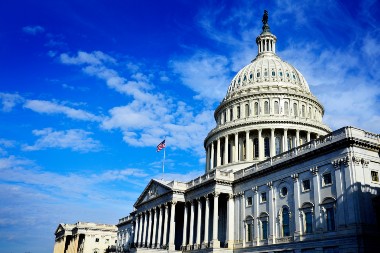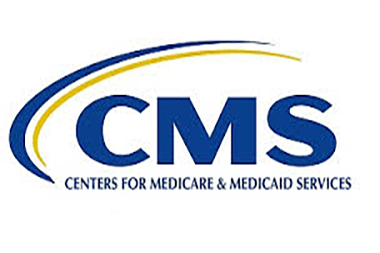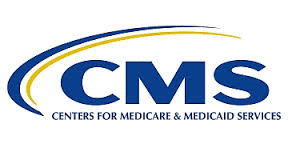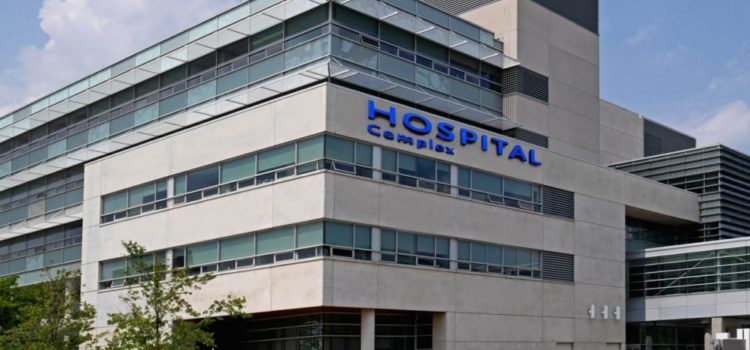The Urgent Care Association (UCA) recently led a new effort that asks the Centers for Medicare and Medicaid Services (CMS) to include policies in the forthcoming FY 2025 Physician Fee Schedule that would encourage those covered by Medicare and Medicaid to seek non-emergent care at urgent care centers. A letter written by Ann Kuster (D-NH), Brad Schneider (D-IL), Darin LaHood (R-IL), and Michael Burgess (R- TX) that was signed by 26 members of Congress from both …
Read More








